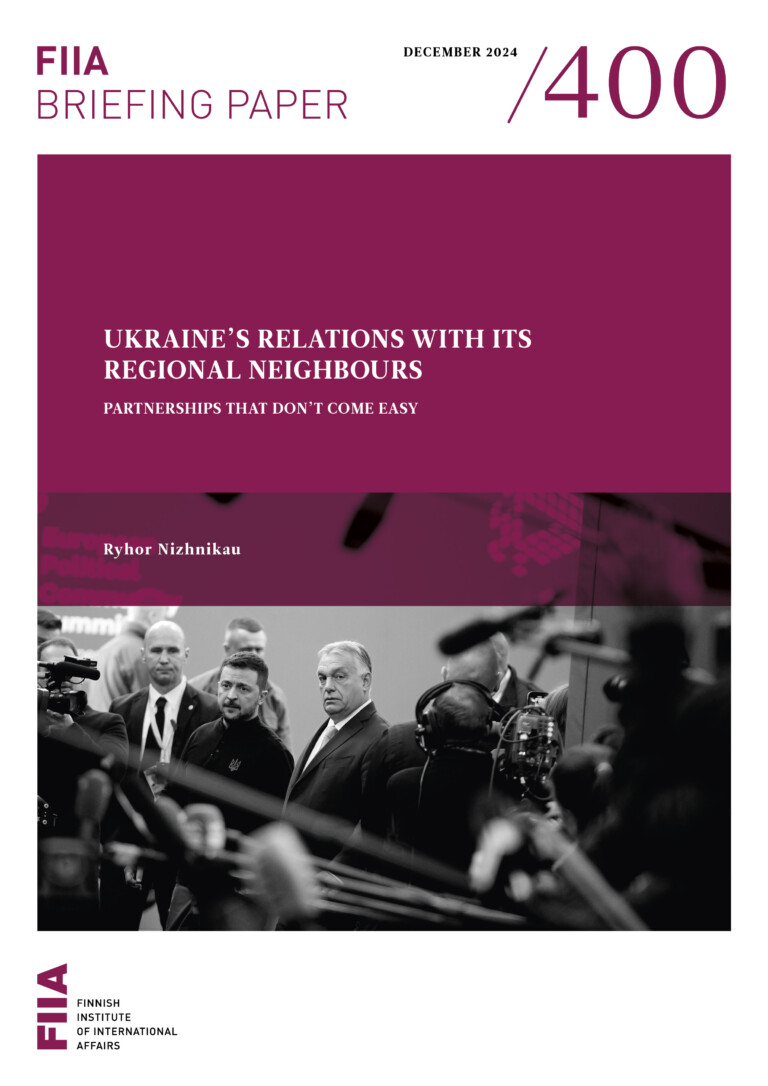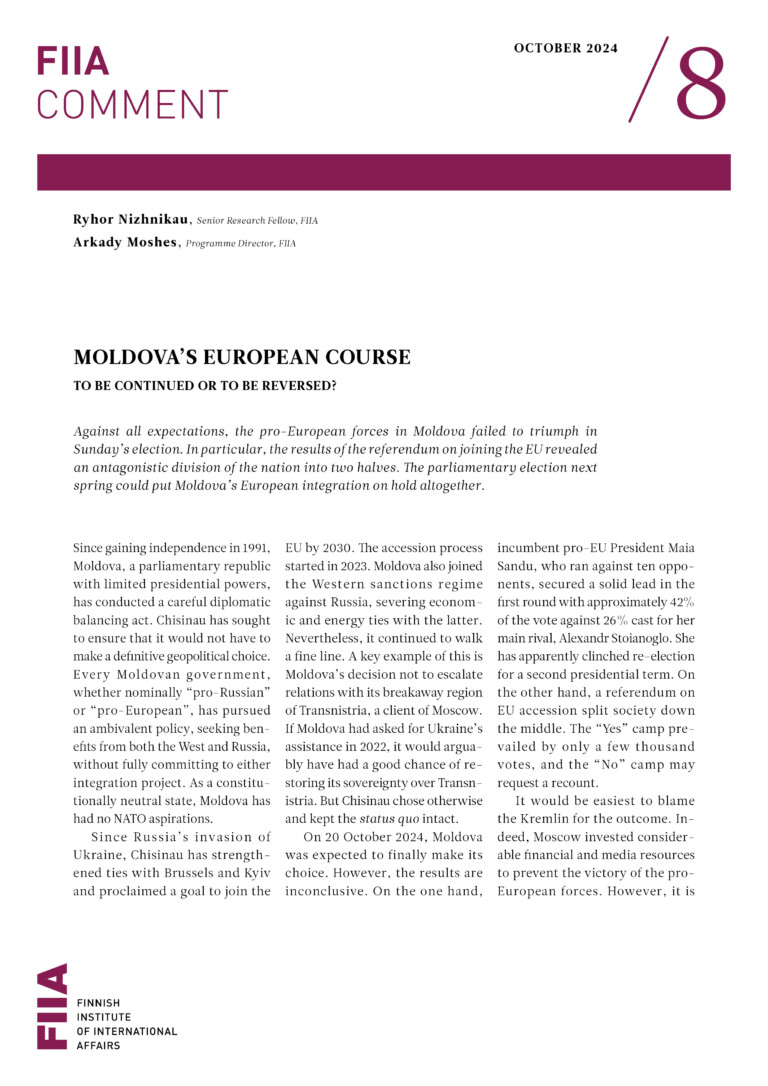The Russian Cabinet discussed the draft climate doctrine in April 2009 under the leadership of Prime Minister Vladimir Putin. As the costs and benefits of both climate change and domestic mitigation measures have been raised, the doctrine could mark a change of the Russian government’s approach to the issue. However, these positive developments in the country must be encouraged by international recognition.
The recognition that some mitigation measures can have a positive impact on the Russian economy is significant as this goes against the traditional line of argumentation used during the Kyoto ratification debate.
The main emerging trend in science is the recognition – against traditional views – that climate change is taking place and that it is human-induced as well as dangerous. The potential threats posed by climate change have, for the first time, hit the headlines in Russia on a wider scale. However, the traditionally sceptical views on climate change still co-exist in the debate alongside the ‘official truth’.
The active role of Russia in climate politics and policies, the international recognition of Russian forests as carbon sinks, and the issue of the Russian surplus allowances appear to be linked to the perceived Russian contribution in the international arena and, thus, to national pride.
Due to the declarational nature of the doctrine, the domestic policies and measures debate revolves around the concrete action plan called for by Putin. The debate has mostly ignored concrete domestic mitigation measures so far, and focused instead on adaptation.
The debate around the doctrine provides a good starting point for the Russian government to form its negotiation position for Copenhagen as the issue gained high-level attention, but a significant amount of work on the action plan lies ahead. The emerging national pride issues, especially concerning Russian forests as carbon sinks and the fate of the Russian surplus allowances, are likely to be raised in the Copenhagen negotiations.





